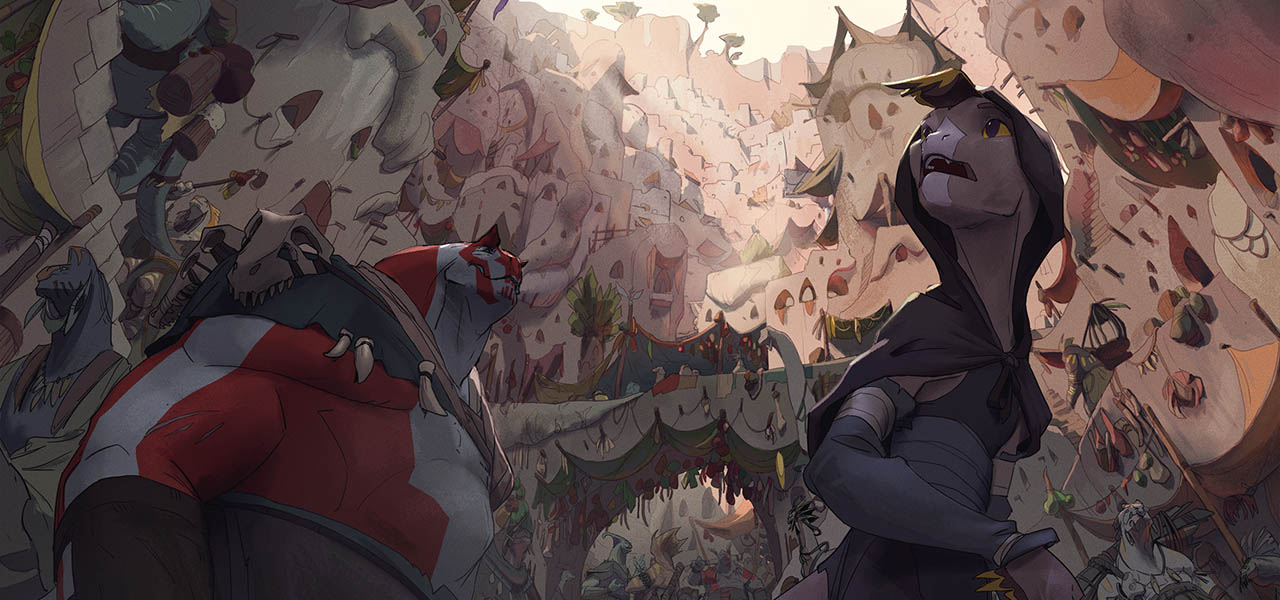

Poland’s ‘Mechozaurs’ Series Is A Cross-Atlantic Collaboration Between Veteran American Writers And European Producers
Celebrating its 35th anniversary this year, Cartoon Forum in Toulouse, France, brings together the European tv animation industry for yet another edition. This 2024 gathering is – even more than the last – filled with intriguing international series’ projects and specials that aim to find co-producing partners, broadcasters, and distributors.
But even though Cartoon Forum welcomes over a thousand guests from across Europe and other parts of the world, it’s interesting to note that you can count Americans at the event on the fingers of two hands, with three broadcasters attending along with a single producer, and a few others sprinkled throughout.
While big companies such as Warner Bros. or Disney may rely on their EMEA branches to look for European projects, one might wonder if the Atlantic is just too broad to cross for American producers and investors. But in the post-pandemic era with co-productions tools and pipelines being increasingly digitized, can distance really be such a barrier?
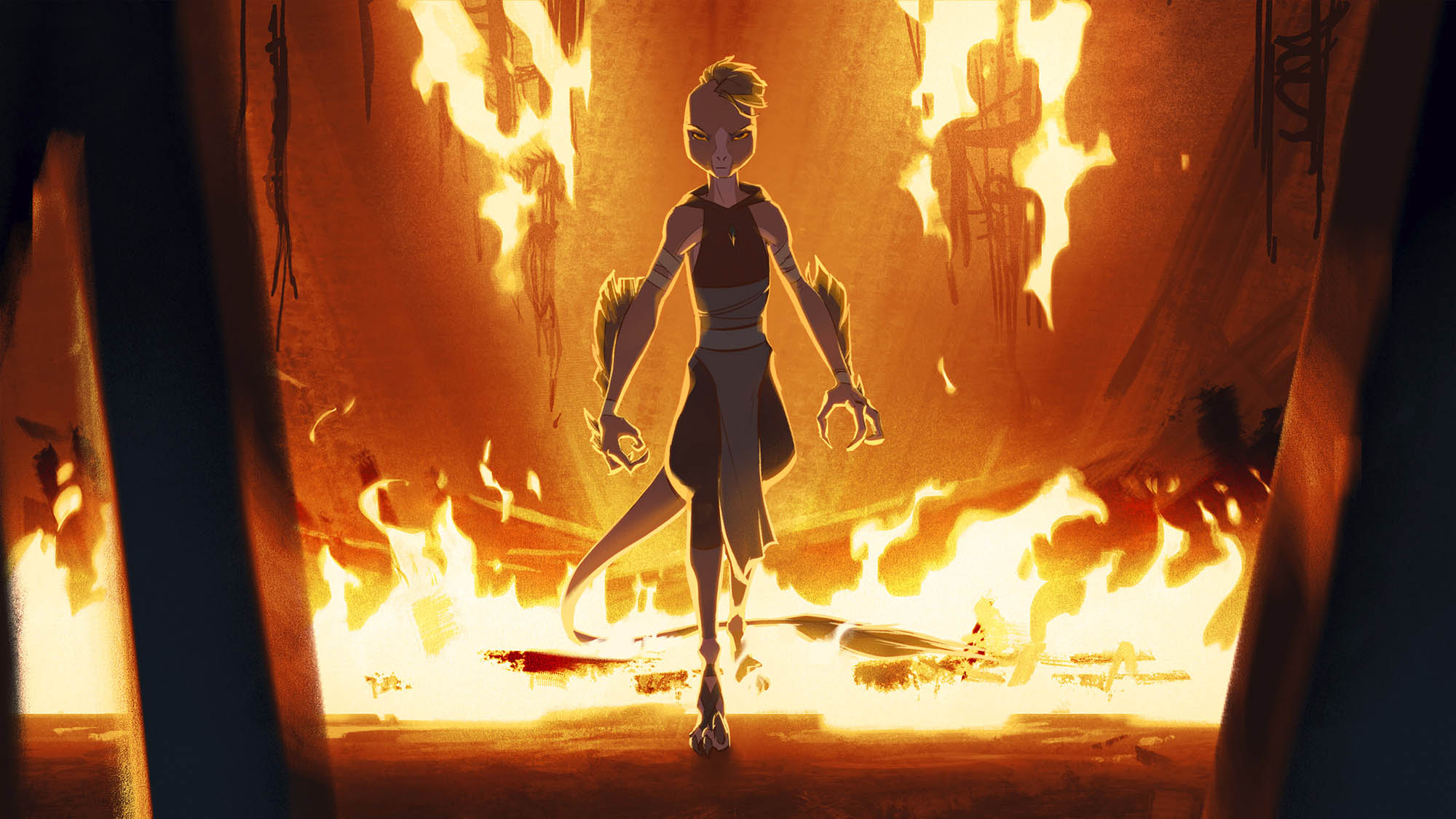

The cross-Atlantic barrier surely did not stop Polish producers Laniakea Pictures, who reached out to American screenwriting veterans Doug and Candie Langdale for their new project Mechozaurs: The Voice From Afar. An ambitious young adults/adults 8 x 45-minute 2d-animated series, it aims to push “the boundaries of adult animation by blending mature, complex storytelling with high production values typically seen in live-action series,” as Mateusz Kowalczyk, Laniakea’s CEO, told Cartoon Brew.
“Our goal isn’t just to create a show about dinosaurs, but to craft an action-drama that defies genre norms,” Kowalczyk added. “Inspired by RPGs, computer games, and Asian anime, Mechozaurs is a project fueled by a deep love for pop culture and nerdy enthusiasm. We dive into themes like grief, revenge, and redemption, aiming to create something both visually stunning and emotionally resonant. Our ambition is to redefine adult animation, challenging stereotypes, especially in Western markets. With a strong cross-media approach, we’re not just making a series; we’re building an expansive, immersive universe that spans across games, comics, and more.”
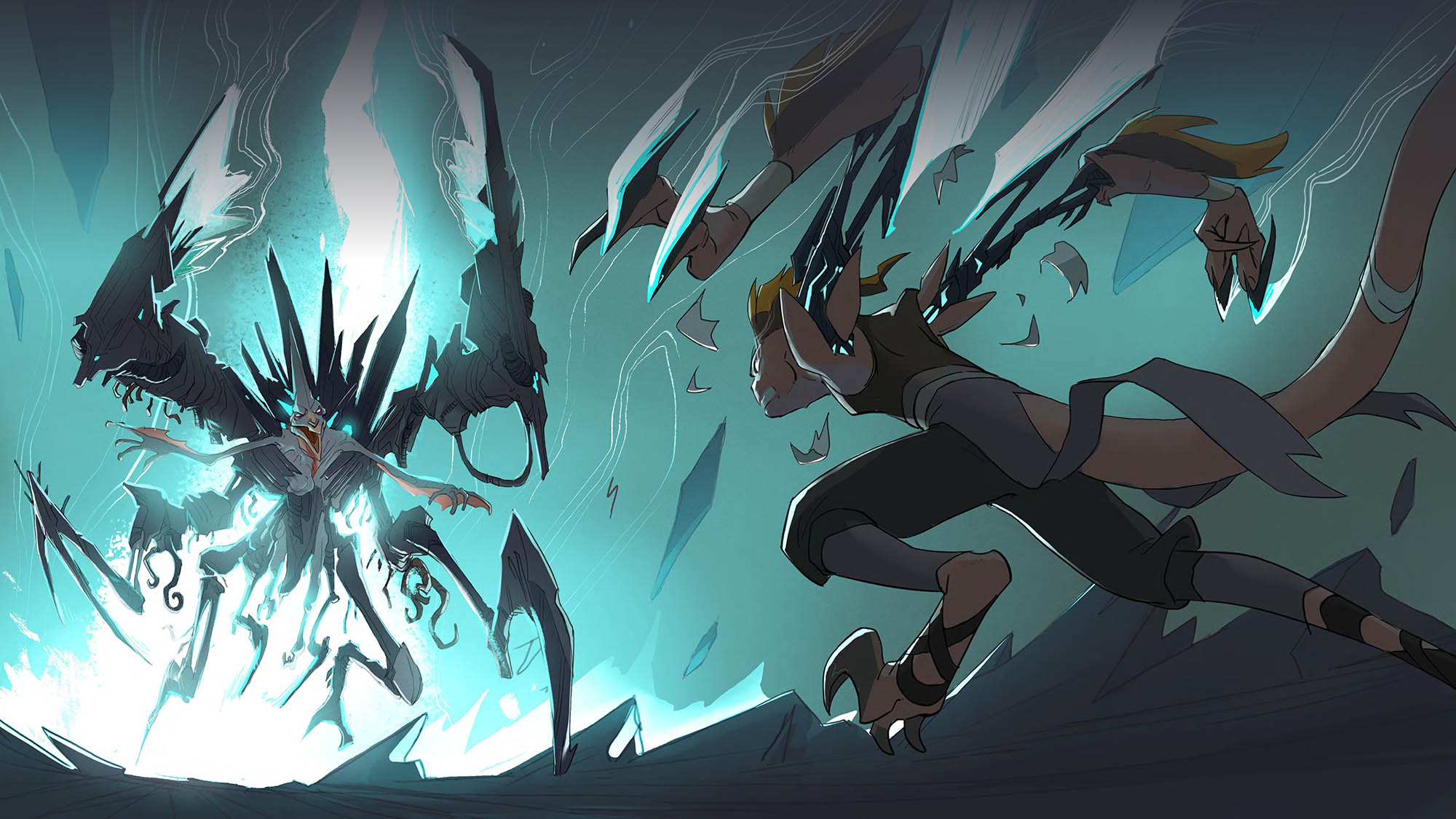
Mechozaurs is also a rare occurrence of a European tv series written by American writers, although it’s not the first time Doug and Candie Langdale have figuratively crossed the Atlantic. “I actually wasn’t aware that there were so few American writers that do so”, said Doug Langdale, who first collaborated on a European production in 2006, when he co-wrote the infamous German-American co-production Happily Never After. But it’s only after he and his collaborator/wife Candie Langdale started working with fellow screenwriter and animation director Jorge R. Gutiérrez on projects that they discovered how easy working with international productions was.
“Of course, we do have a lot of early morning meetings,” the duo joked. “But since Covid, so much of the work we do has gone remote, even with people that are right next to us. A lot of things haven’t gone back to in-person completely, and we find ourselves regularly pitching in Zoom calls, Google Meets, etc. Other than that, our ways of working are unchanged. If the project looks interesting, we don’t really think about it. We’re just excited to work on exciting projects, no matter where they’re based.”

The Langdales were approached by Laniakea through their agent and were blown away by what Kowalczyk and his team presented to them. “They had a lot of material already, and I mean a LOT,” the Langdales told Cartoon Brew. “A whole world of material that resembled more of an open-world game than a tv series bible. Our job was mainly figuring out how much story we could fit in, and what would be the best approach to unveil this universe to the public in a compelling and emotional story.”
For Kowalczyk, who has gathered an impressive number of talented artists to expand its IP into a transmedia universe, reaching out to the American duo was a bold yet carefully thought-out decision. “Their work on projects like Samurai Rabbit, The Book of Life, and Maya and the Three demonstrated a mastery in balancing adventure, emotion, and complex themes, which aligns perfectly with what Mechozaurs demands. Doug and Candie bring to the table a wealth of experience in animation and a great sense of narrative balance; they know when to ground the story or blow it up, thanks to their remarkable sense of storytelling and humor.”

From their part, Doug and Candie Langdale underlined that “one of the pros of working with European teams is definitely the different point of view. It’s fun and refreshing to see things from another angle. People in Europe are drawing from different folk tales when they’re writing a story. And it’s interesting to understand the other points that we may need to serve to our audience to match their narrative expectations.”
As for cons, the only thing the Langdales could think of was the fact that European studios sometimes don’t work under The Animation Guild conditions, which could be a drawback for some of their fellow writers. “And on the budget side, we understand that they are often lower, but we don’t feel we’ve run into any problems because of that. Production companies in Europe usually have more flexibility in their pipeline, and that allows us to find clever ways to make things work. Occasionally, there’s a bit of a language barrier, but it really hasn’t been much of a problem because everybody spoke English to us!”
During the interview, Doug also made an honest and intriguing observation: “To be blunt, when I worked on a project in Spain – The Dog Knight aka Dogtanian and the Three Muskehounds, which came out silently in the U.S. in 2021 but became a success in the EU market – I was a bit intimidated. I think there’s a perception that people in much of Europe are smarter than us, or at least better educated? And I’ve been surprised to find that, specifically for animation writing, there seems to be a feeling in Europe that we U.S. – and Canadians – writers are kind at the forefront of it. I truly think everyone would benefit from more communication and collaborations between our industries.”

Incidentally, that is exactly what drove Kowalczyk to seek out the duo. “Their extensive experience with large-scale projects, writers’ rooms, and coordinating with multiple storyboard artists and directors is particularly beneficial for such a complex project. Moreover, Doug and Candie are widely respected in the industry for their collaborative spirit, trustworthiness, and willingness to share their expertise. This has been an essential element in shaping Mechozaurs, as their insights have helped us navigate the complexities of tone and storytelling choices. I would absolutely recommend collaborating with American teams, as it brings a fresh perspective and a wealth of experience that can elevate a project. It’s not just about the talent, but also the different approaches to storytelling and production that can really complement European sensibilities.”
“It’s also a matter of widening your perspectives”, concluded Candie Langdale. “I think our American studios are a little afraid that the kids won’t relate to this content or understand it, but the popularity of Japanese animation in the U.S. already says otherwise. To me, it proves that the kids do want to see other stories, and that there’s an interest for new narratives. Mechozaurs is one the most exciting projects we’ve worked on; it’s a unique show. But beyond that, I think our industry is ready to get an influx of European animation.”
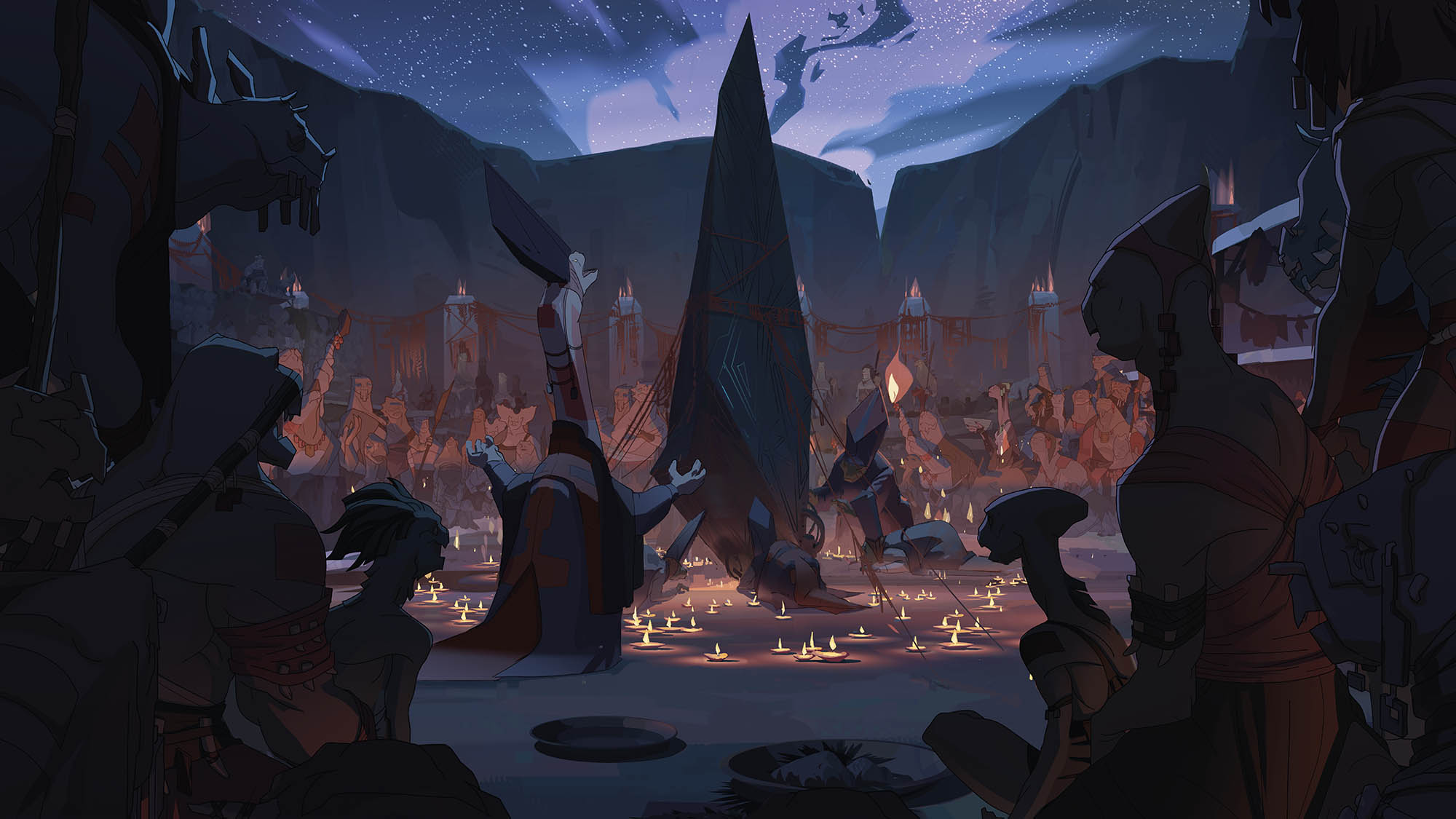
And that may be what Mechozaurs can bring to the U.S. and international market. For Kowalczyk, who presented the project earlier today at Cartoon Forum, this has a global potential with the right partners.
“We’re at a pivotal point where strategic partnerships can elevate the project to the next level,” he said. “We’re seeking collaborators who not only see the potential of cross-media storytelling but also bring expertise in the execution, marketing, and PR of a new IP. We have the resources and investor backing to support this vision, but we recognize that international support is crucial to truly make an impact.”
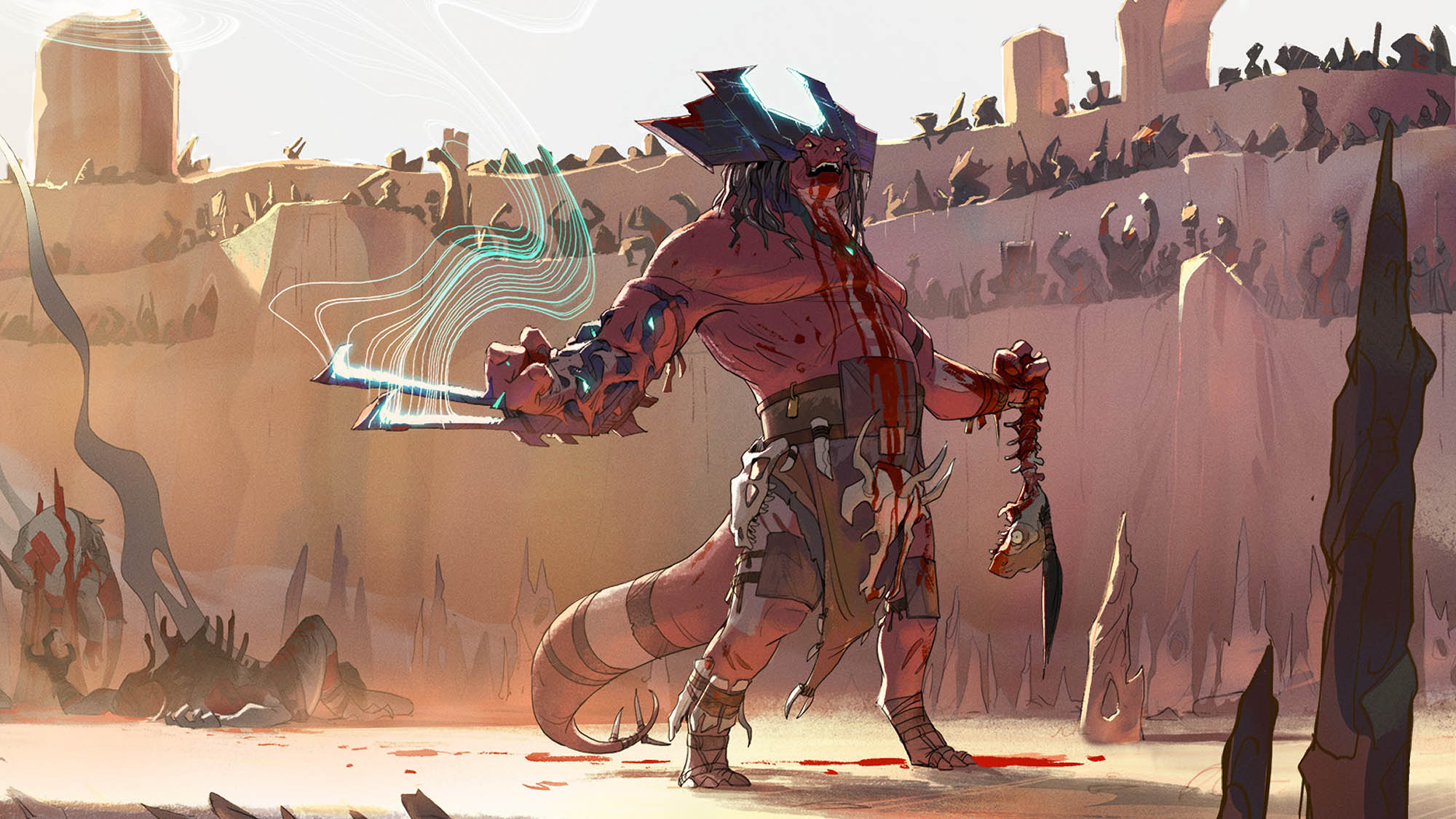

.png)